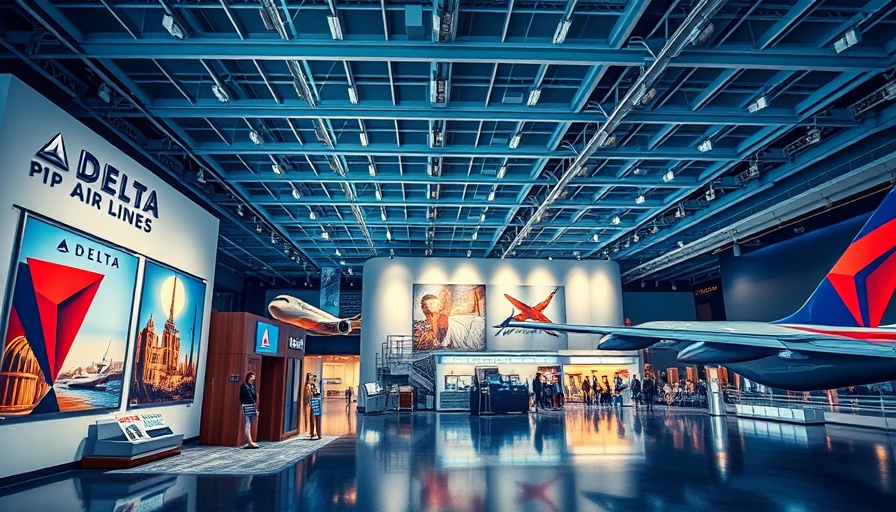
Delta's Century-Long Journey: What Drives Success?
As Delta Air Lines steps into its centenary year, a salient phrase echoes from its Chief People Officer, Allison Ausband: "It’s the people." This mantra succinctly encapsulates the essence of Delta's enduring success, which thrives on the dedication of its employees. The airline, which has evolved from a humble crop-dusting operation to a global carrier, attributes its resilience and strength to the very individuals who keep the wheels turning. While many businesses focus on short-term gains, Delta's longevity is a testament to prioritizing relationships and the human element in an era where faceless corporations often dominate.
Historical Context: The People Behind the Brand
Understanding why Delta places such immense value on its workforce requires a glimpse into the past. Founded in 1925, Delta faced numerous challenges throughout its existence, including economic downturns, heightened competition, and regulatory changes within the airline industry. The Airline Deregulation Act of 1978 brought about significant changes, impacting profitability and ultimately forcing companies to innovate and adapt. Delta leveraged its focus on people, nurturing a culture that promotes collective action and ingenuity.
Pivotal Moments: Stories of Grit and Resilience
Ausband recounts pivotal moments that cemented this people-first philosophy. One story shines a light on a desperate time for Delta when the company reported a $17 million loss in the 1980s. In an extraordinary display of initiative, three flight attendants decided to intervene by proposing the idea of purchasing an airplane to bolster company morale and operations. This selfless act underscores the importance of employees who are deeply invested in their roles. Through narratives like this, Delta showcases its employees as the cornerstone of its history and success.
The Power of Community Within the Workforce
In exploring Delta's internal culture, it becomes evident that a robust sense of community surpasses superficial teamwork. Delta fosters an environment where individuals are not just employees; they are pivotal players in the airline's narrative. Ausband emphasized selection processes that prioritize values aligning with Delta’s mission. Employment isn't merely a transaction; it’s a commitment to a shared vision. For prospective business leaders, this approach posits the question: how does your organization cultivate loyalty and resilience among employees?
Lessons Learned: Embracing Challenges as Opportunities
With insights from Delta’s experiences, there are key takeaways for businesses across industries. Adversity isn't merely a hurdle; it’s a chance to recommit to core values and empower teams. Businesses may contemplate periods of hardship that challenge them to tap into the creativity and passion of their workforce. For example, fostering an open dialogue about challenges can bring forward innovative solutions rooted in employee engagement.
Looking Ahead: Predictions for the Future of the Airline Industry
The next chapter for Delta, and indeed the airline industry, rests on the continued ability to adapt while placing people at the forefront. As technology advances, the human touch cannot be overlooked. As automation and AI begin influencing operations, the challenge will be to ensure that the core human element remains intact. Delta’s ongoing focus on people could well provide a blueprint for other organizations aiming for longevity in changing landscapes.
Get Help Selecting a Preferred Provider
As businesses reflect on their paths, they can look to Delta’s centennial celebration for inspiration. The emphasis on valuing people can feel like a beacon guiding companies towards sustainable success. Understanding that nurturing relationships strengthens outcomes is essential as organizations strategize for the upcoming decades. Consider reaching out for expert assistance in evaluating your options for preferred providers that can complement your investment in people.
 Add Row
Add Row  Add
Add 




Write A Comment